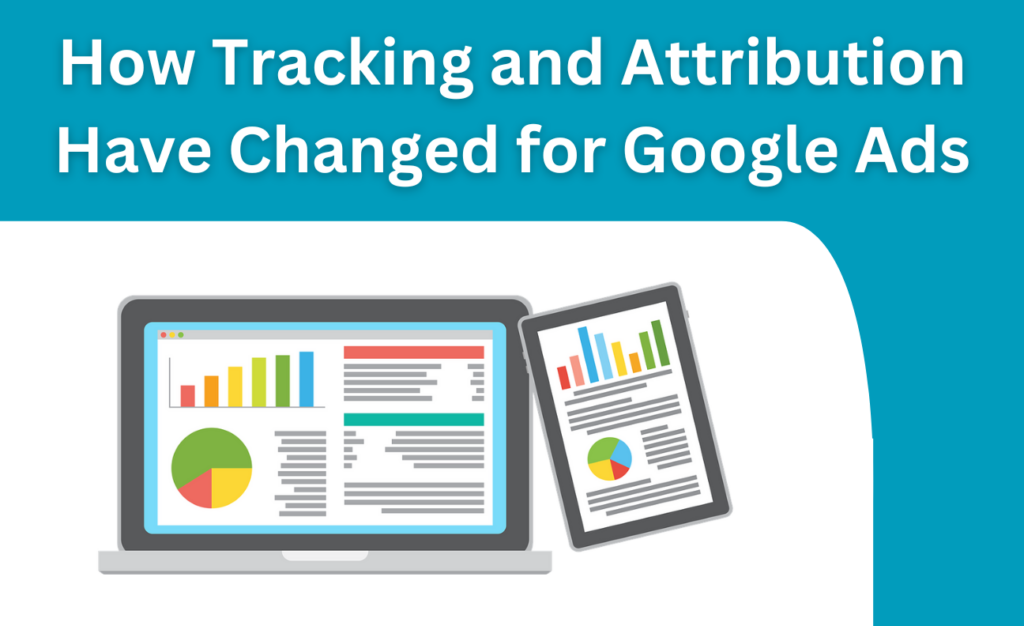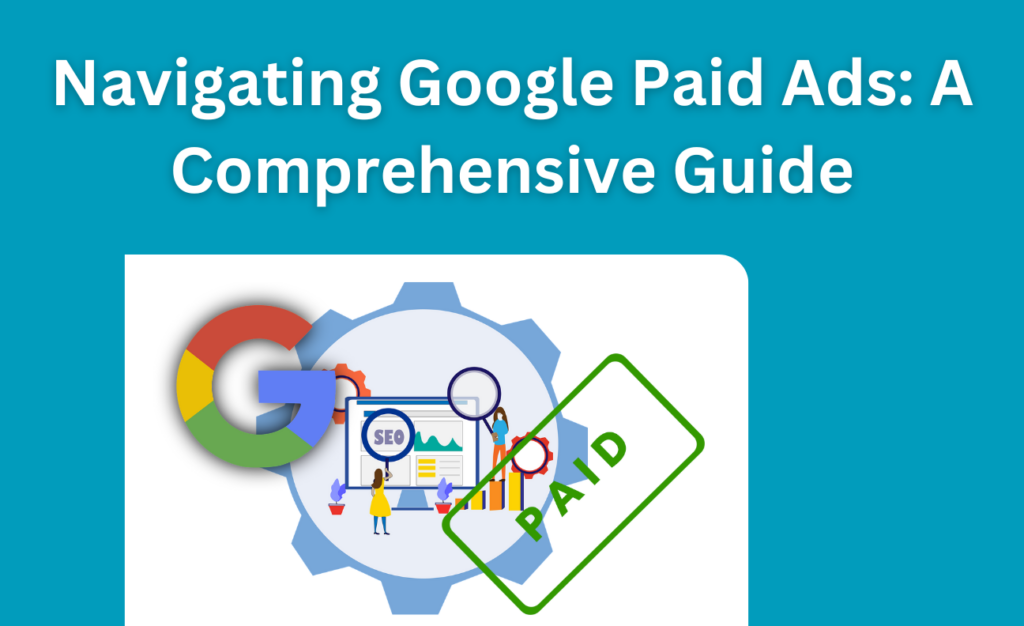What is Data Dignity?
Simply put, it is the right of individuals to have control over their personal data. This includes the right to access, amend, and delete data as needed. It also encompasses the right to privacy and protection from misuse or unauthorised access.
Data Dignity is an important concept that all businesses should strive to achieve.
In this blog post, we will discuss what Data Dignity is and how you can achieve it in your own business!
What is Data Dignity and Why Should You Care About it?
Data dignity is a concept that emphasises the right of individuals to control and manage their own data. Data dignity gives people the power to decide what data they want to share and how they want it used.
Data Dignity is also about ensuring that data is secure, private, and protected against misuse or unauthorised access. This helps create a safe and secure environment for people to share their data.
Data dignity is an important concept because it helps protect the privacy of individuals while also ensuring businesses have access to the data they need to make informed decisions. Data Dignity also allows businesses to establish trust with customers by showing that their data is being handled responsibly.
Benefits of having a Data Dignity Strategy in Place
Having a Data Dignity strategy in place provides many benefits for businesses. It shows customers that their data is being handled responsibly and that their privacy is respected.
Data Dignity also gives businesses access to the data they need to make informed decisions, which can lead to better customer experiences, increased sales, and improved efficiency.
In addition, Data Dignity can also help businesses comply with data privacy regulations such as the GDPR. Data dignity strategies ensure that businesses are compliant with relevant data protection laws, which reduces the risk of facing fines and other penalties for non-compliance.
The Data Protection Act, 2018
The Data Protection Act, 2018 is a UK law that sets out how businesses must handle personal data. It provides individuals with the right to access and control their data, and imposes obligations on businesses when it comes to processing, storing, and transferring personal data.
The Act obligates all those who manage personal data to follow stringent regulations known as ‘data protection principles‘. Companies must ensure that the data they collect is employed fairly, lawfully and openly; used only for definitive purposes in an adequate, relevant and limited manner; kept accurate at all times while also limiting its storage to what’s necessary. Additionally, it needs to be handled securely with appropriate safeguards against illegal or unauthorised processing, access destruction or damage.
As dictated by the Act, many types of sensitive information are given extra protection. This includes: race, ethnicity, political opinions, religious beliefs, trade union membership, genetics and biometrics (when used for identification), health history status; as well as sex life or orientation.
If your company doesn’t ensure Data Dignity, it might result in breaches of Data Protection laws, financial penalties and a loss of customer trust. It is therefore important to make sure your company follows Data Dignity principles and complies with Data Protection Laws.
How can you Achieve Data Dignity in your Business?
Create a Data Privacy Policy
A Data Privacy Policy is an important part of any Data Dignity strategy.
These legal documents set out how businesses use and process personal data. Data privacy policies should include information about the types of data being collected, how it is used, who it is shared with, and what rights individuals have in relation to their data. Having a Data Privacy Policy in place ensures that your business complies with data protection laws.
Make sure to include information about data retention periods, who has access to the data, and how customers can request changes or deletions of their data. You should be transparent about how data is collected and used, provide explicit consent when collecting personal data, and give individuals the right to access, amend or delete their personal data.
To create a data privacy policy, begin by outlining the types of data you collect and how it will be used. Then explain which security measures you have in place to protect that data. Finally, outline how customers can access or delete their data if they wish.
Invest in Data Security Measures
Data security is another important part of data dignity. Make sure you invest in the necessary measures to keep customer data safe, such as encryption and access control.
Also consider implementing a system for monitoring user activity on your website or application to ensure that unauthorised users don’t gain access to customer data.
Data protection measures include physical safeguards such as firewalls, antivirus software, and secure data centres. You can get these measures either through a third-party service or by investing in your own solutions.
Comply with Data Privacy Regulations
Make sure you are compliant with data privacy regulations such as the GDPR. Data protection laws vary from country to country, so make sure you research and understand the applicable regulations in your region before handling customer data.
You can also look into third-party services that can help you become compliant with data privacy laws. These services can provide you with ongoing guidance and support to ensure your data dignity strategy is well implemented.
Data Protection Impact Assessments (DPIAs)
A Data Protection Impact Assessment (DPIA) is a risk assessment that businesses must conduct when handling personal data. It helps identify potential risks to individuals’ privacy and helps determine the most effective way of addressing those risks. A DPIA helps ensure Data Dignity and ensures that businesses comply with Data Protection laws.
To create a DPIA, first you will need to identify the types of data being processed, how it is being used and who has access to it. Then you can begin to assess any risks that may be associated with collecting and processing that data. Once you have identified the risks, you can create a plan to mitigate those risks and ensure data dignity.
Data Dignity Certifications
Data dignity certifications are an important way for businesses to demonstrate their commitment to data dignity and show customers that their data is handled responsibly.
Data dignity certifications are awarded by third-party organisations, such as the Data Protection Certification Network. These certifications can provide customers with an extra layer of confidence when sharing their data with your business.
Educate Employees
Data dignity requires everyone in the organisation to understand their role in protecting customer data. Make sure all of your employees are aware of your Data Privacy Policy and have received the necessary training in data protection.
You can also look into Data Protection Awareness programs for employees to ensure that your data dignity strategy is properly implemented throughout the organisation.
By following these steps, you can ensure data dignity within your business and protect the privacy of customers while still having access to the data you need.
Case Studies of Businesses who have Achieved Data Dignity
Case studies of businesses who have achieved data dignity can be a great way to learn the best practices for implementing data dignity in your own business.
Here are a few examples of businesses who have successfully implemented data dignity strategies:
Microsoft
Microsoft is one of the leading companies in data dignity and has implemented data protection measures to ensure that user data is secure and private. Their data dignity strategy includes encryption, two-factor authentication, and automated data breach notifications.
PayPal
PayPal has implemented data dignity measures such as strong encryption protocols and customer account protection. They have also developed an online dashboard where customers can access, amend or delete their data, and view their data dignity reports.
Apple
Apple has implemented data dignity measures such as secure data storage, privacy filters for emails and messages, and user-friendly dashboards for customers to access or delete their data.
WhatsApp has integrated data dignity measures into their messaging service, including end-to-end encryption and the ability to delete messages. They have also implemented Data Protection Impact Assessments (DPIAs) to ensure data dignity compliance.
These case studies demonstrate how businesses can implement data dignity strategies that protect customer data while still giving them access to the data they need.
By learning from these successful data dignity strategies, you can understand how to implement Data Dignity in your own business.
The Bottom Line
Data dignity is a critical concept for businesses in the digital age. It ensures that customer data is handled responsibly and allows businesses to access the data they need to make informed decisions.
Data dignity also helps businesses comply with data privacy regulations, which reduces the risk of facing fines for non-compliance.
By investing in Data dignity strategies such as creating a data privacy policy, investing in data security measures, and earning data dignity certifications, businesses can ensure data dignity and protect the privacy of their customers.
By following these steps, businesses can create an environment of data dignity and trust with their customers while still providing access to the data they need.










